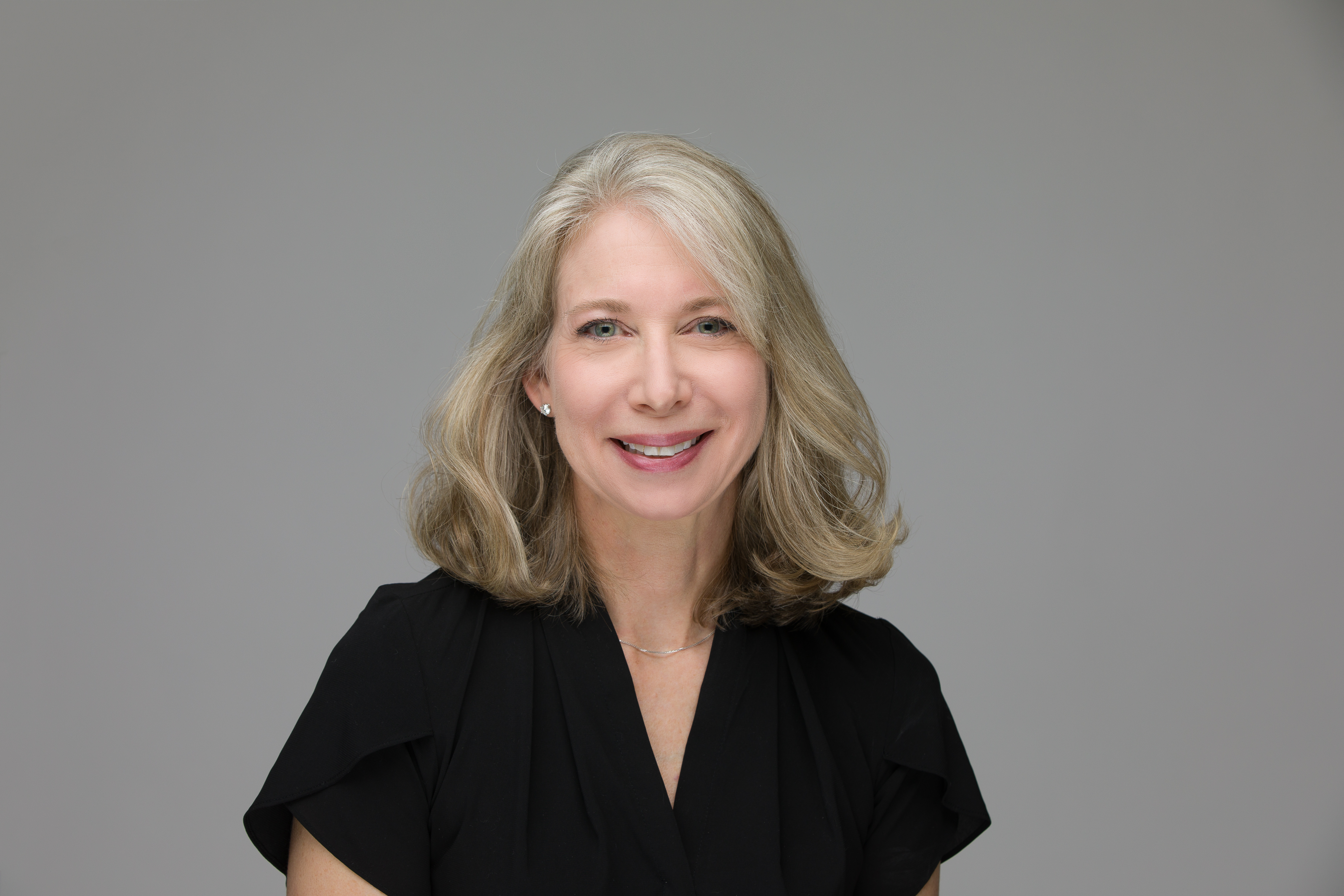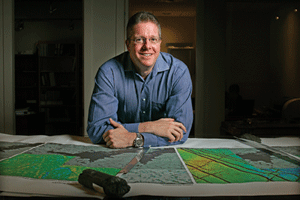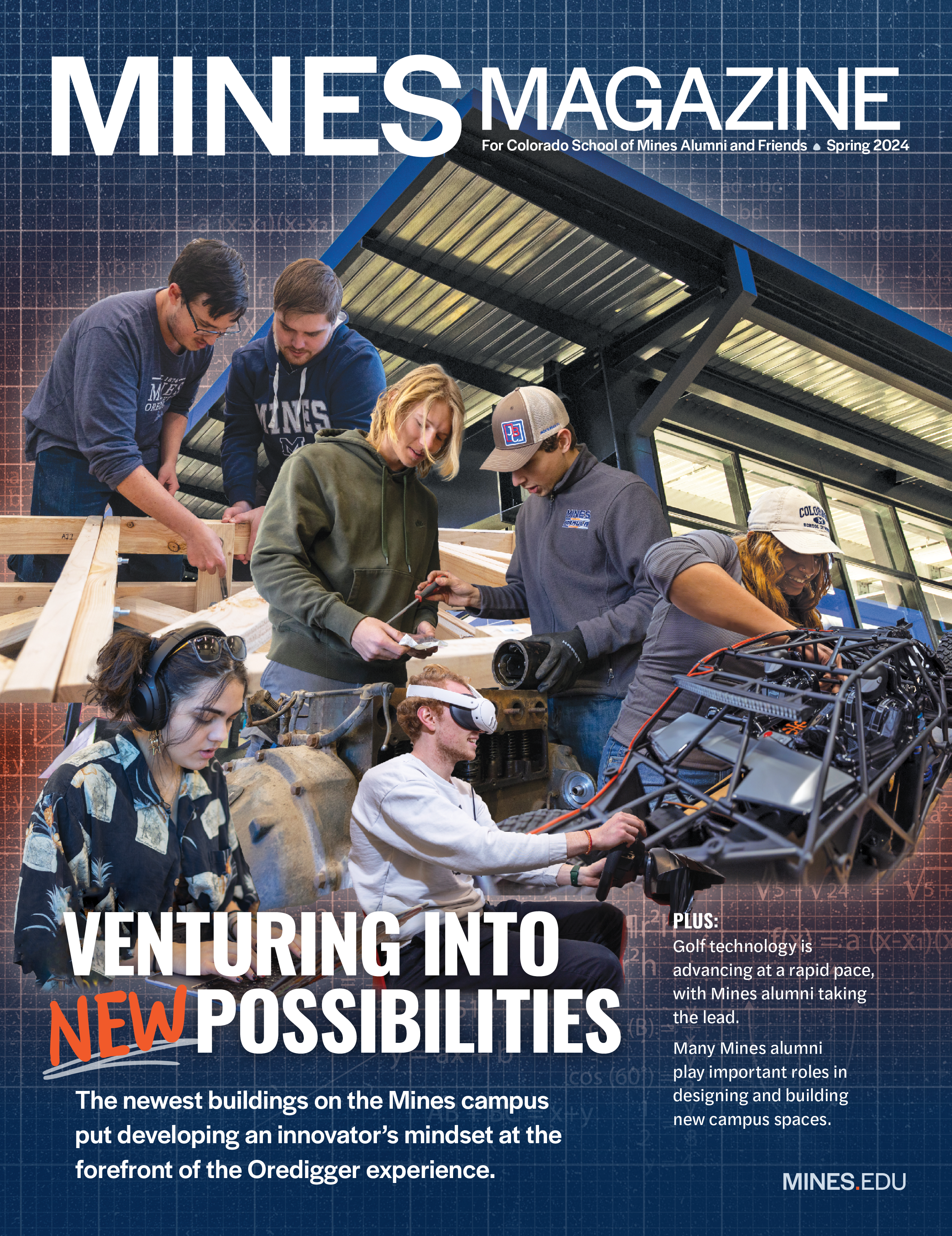Trust in fair markets

It’s not every day that antitrust issues are in the public spotlight, but with big tech in the political hot seat, questions about whether tech companies have become too large and too consolidated are debated in the news and at the dinner table. For Diana Moss PhD ’89, president of the American Antitrust Institute, it’s a chance for her organization to shine in its mission to educate the public and protect consumers and businesses.
“The focus is really on big tech, and it’s a big issue—it garners a tremendous amount of media attention,” Moss said. “But I always remind people to keep their eye on the ball. As a competition advocate, we follow all industries, and we see tremendous consolidation and concentration across the board.”
Moss has been at the helm of the AAI, a nonprofit engaged in research, education and advocacy on antitrust issues, since 2015. She came to the organization in 2001 after years of work in energy markets, policy and regulation.
“Regulation and antitrust are stepsisters,” she said. “They’re both tools for ensuring that markets function competitively. But regulation prevents bad things from happening—like monopolization or collusion—before they happen, whereas antitrust addresses those problems after they happen.”
Moss began her education with an interest in political economy and energy. Growing up with a father who worked at Sandia National Laboratories as an engineering physicist—and designed the family’s solar home—and a mother who was a nurse, she always had a strong interest in science and math. After earning a bachelor’s degree in political science at University of New Mexico and a master’s in international studies at University of Denver (her thesis was on U.S. nuclear energy policy, which was a hot topic after the Three Mile Island and Chernobyl disasters), she began working on her PhD in mineral economics at Mines in the late 1980s.
“I came in to study energy economics, which overlaps with natural resource economics,” she said. “The engineering economics of the resource, transportation, telecommunications and digital technology industries are important to know if you want to be involved in problem-solving and policymaking.”
After earning her doctorate, she worked in regulation and antitrust in energy and other industries, eventually taking a position in the Office of Economic Policy at the Federal Regulatory Commission under the Clinton administration, where she was the lead economist on the mergers team.
Moss shifted to the Washington, D.C.-based AAI when it was only two years old to establish their energy agenda but didn’t stop there. “I quickly branched out to telecom, airlines, health care, food and agriculture, big tech.”
Lately, it’s those big tech conversations that have kept her busy fielding a lot of questions. “I just came out with an article inThe Antitrust Source that unpacks the implications of Elizabeth Warren’s proposal to break up big tech companies,” she said. “If politicians are going to go down the road of breakups, let’s make sure we understand why, as well as the consequences of restructuring and regulating them.”
And Moss’ interdisciplinary education at Mines— especially understanding how engineering ties into economics, politics and social policy—has helped her navigate these complex issues throughout her career. “At Mines, we got a good mix of theory and applications. The field work—visiting offshore rigs and mining operations—that exposed us to infrastructure, was huge,” she said, reflecting on her course of study. “Mines should keep doing that and keep encouraging women to get involved in engineering economics and give students a holistic education.”



